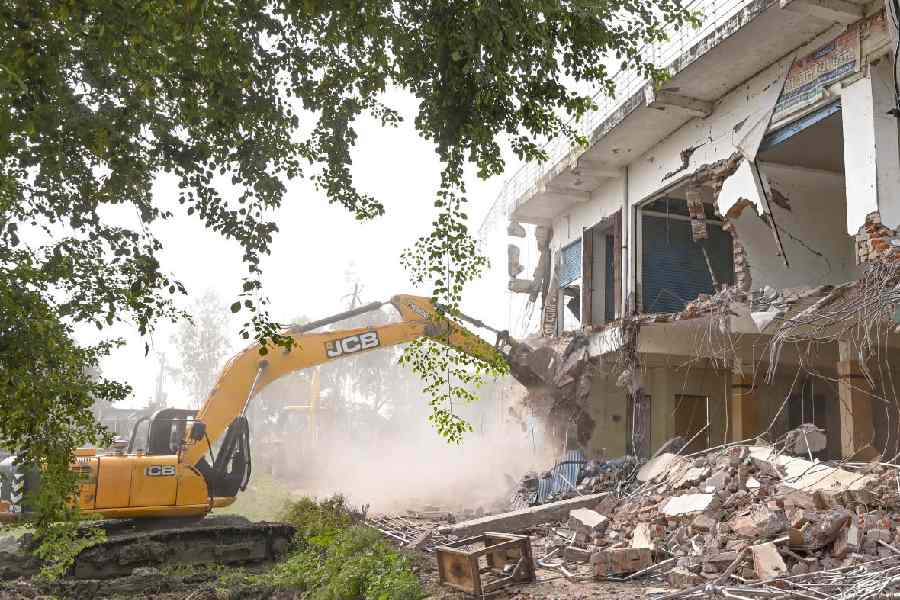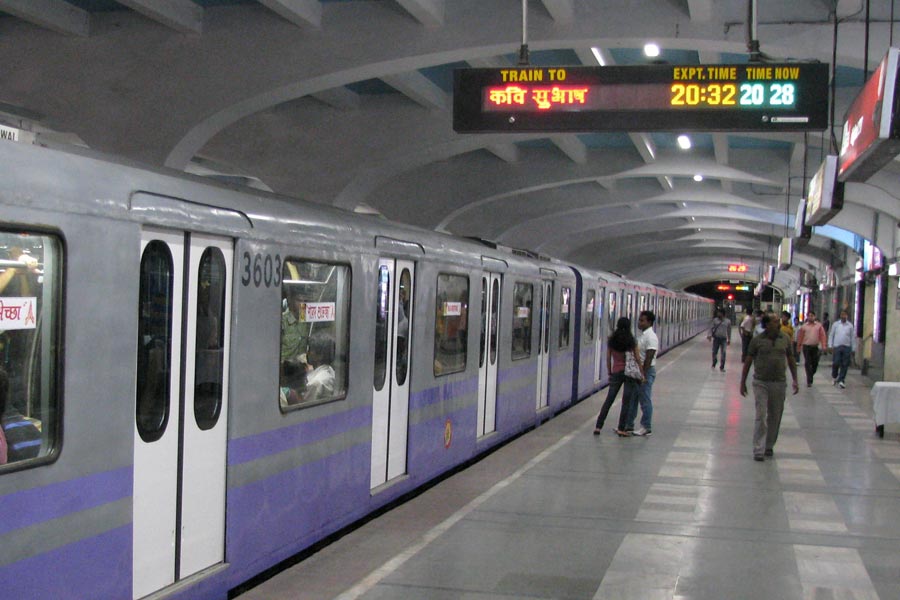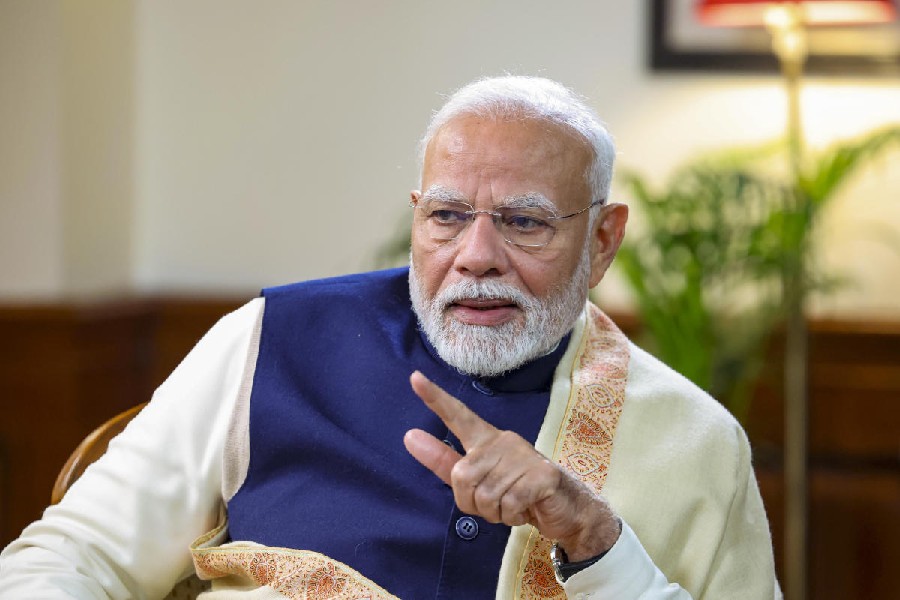The Supreme Court on Tuesday said it would lay down pan-India guidelines in keeping with the “secular” principles of the country on bulldozing properties as it extended its September 17 order staying all illegal demolitions till further orders.
“We are a secular country and our directions will be for all irrespective of religion or community. Of course, for encroachments, we have said.... If it is on a public road, footpath, water body or railway line area, we have clarified. We do not want... If there is any religious structure in the middle of the road, be it gurudwara or dargah or temple, it cannot obstruct the public. Whether it be temple, dargah, it has to go... public safety is paramount,” a bench headed by Justice B.R. Gavai observed.
The bench, which included Justice K.V. Viswanathan, was dealing with a batch of petitions alleging that properties, including of those accused of crime, were being demolished in several states in violation of the principles of natural justice and statutory laws that mandate prior notice to illegal encroachers.
Solicitor-general Tushar Mehta, who represented Uttar Pradesh, Gujarat and Madhya Pradesh, admitted that prior notice was a prerequisite but sought to dispel the allegations that members of a particular community were being targeted.
“For unauthorised constructions there has to be demolitions based on law, it is not dependent on religion or faith or beliefs,” Justice Gavai said.
Mehta told the court that in Madhya Pradesh, “80 per cent of the houses demolished belonged to Hindus”.
“Lordships may keep in mind builders and systematic unauthorised constructions. For select benefit of a few, let others not get an undue advantage, that is all,” Mehta argued.
The bench refused to allow the intervention application filed by UN rapporteur Balakrishnan Rajagopal represented by senior advocate Vrinda Grover. Mehta objected to Rajagopal’s intervention, saying that persons sitting in the US could not intervene in these matters and there were enough competent people to defend those whose houses were demolished.
However, the bench permitted Grover to argue in her individual capacity. She said punitive demolitions were arbitrary and violative of human rights and principles of natural justice.











